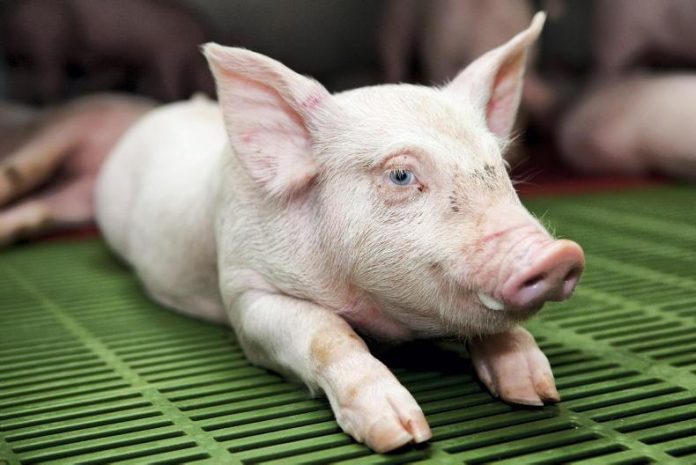A revised version of EU rules on industrial emissions came into force, applying to more livestock farms, according to Euractiv.
The new legislation took effect on Sunday, 4 July. The directive, dubbed IED 2.0, now also applies to “the most polluting pig and poultry farms,” according to the European Commission. They account for about 30 per cent of total ammonia emissions in the EU.
However, the law sparked controversy among farmers’ organisations and national-oriented political parties who opposed farm regulation to the same standards as industrial sectors such as battery factories and steelworks.
The measures apply to pig farms with more than 350 livestock units (LSUs). This is roughly equivalent to 1,100 adult pigs or 700 female pigs for breeding. Organic pig production and extensive farms where the animals spend most of their time outdoors are exempt from the tax. Previously, the rules only applied to farms with more than 2,000 pigs and 750 sows.
The threshold for poultry remains at 280 LSUs or 40,000 meat chickens. However, egg farms now face stricter rules, starting from 21,400 laying hens.
IED 2.0
The Commission originally proposed to include cattle in the legislation, but the European Parliament successfully excluded it from the final text during negotiations with EU member states. Nevertheless, the Commission will report on tackling pollution from cow farms, which account for 50 per cent of EU methane emissions and 25 per cent of ammonia emissions, by the end of 2026.
Despite the increase in the number of affected farms, environmental watchdogs warned that the IED 2.0 could lead to regulatory backtracking. Besides, the new law also includes the right of people to claim compensation for health damage caused by “illegal pollution.”
It also introduces stricter financial penalties, with companies to be fined at least 3 per cent of annual EU turnover for severe violations. Authorities can suspend non-compliant farms, but activities necessary to care for the animals must continue to ensure their welfare.
The Commission has two years to develop detailed operating rules. The new regulations will apply to the most affected farms from 2030 and to the remaining ones by 2032.
